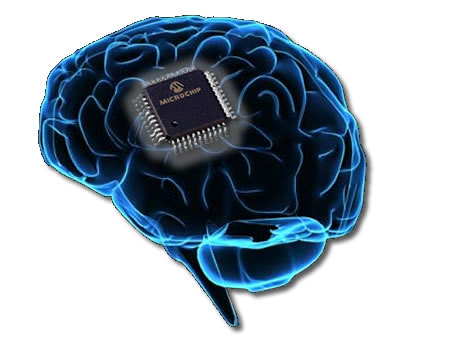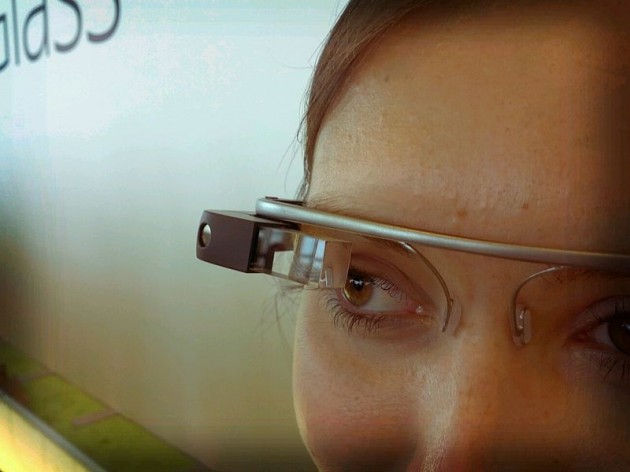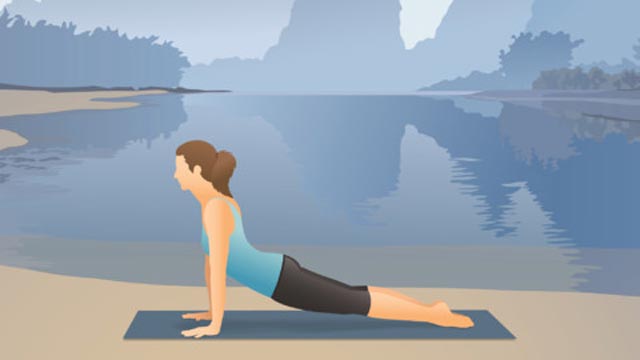If you are having trouble viewing this e-mail, click here for web version.
 |
Vrtti March 2014 - The Future of Yoga |
 |
Dear Yoga Friends, I was fortunate to be present for Manouso Manos' talk at the Asian Art Museum last Sunday. He spoke at some length about the evolution of yoga during the past century, and B.K.S. Iyengar's monumental influence. About what yoga might look like in the future, Manouso pointed out that B.K.S. Iyengar himself, if asked 50 years ago what yoga might become, would probably not have predicted the mushrooming popularity and various yoga styles in the world today. Looking forward, how can we possibly know what yoga might be like in 50 years? And to quote Manouso, "who cares?" The whole point of yoga is to focus on the moment and apply our intelligence in this moment. Looking ahead fosters fanciful or inaccurate ideas, neither of which has much use among the vrttis that ebb and flow in our consciousness. I have always felt that yoga offers a useful perspective on what it means to be human. According to yoga philosophy, the building blocks of the world as we know it are, to summarize crudely, matter and its qualities, our bodies, our senses, mind, ego, intelligence, and soul. A chemist or physicist might find this charmingly wrong, but from the vantage point of a human being on a yoga mat this expresses a truth about what we are ultimately dealing with. There is one thing that I hope does not change about yoga: its role as a bare-bones technology that helps us deal with the distractions, complexity, pace, and stress of daily life in a busy world, and put our experiences in perspective. We seek a sense of peace, not based on escape or denial, but deriving from a deep, focused, mental and physical inquiry into "what is". Human beings are in relationship with themselves, each other, and with some larger power or organizing principle, and yoga has something to say about all of this. Commit yourself to a few minutes in any asana, balancing actions, watching and adjusting, developing an even breath and a sense of ease, and this becomes quite clear.
We are in the midst of a merging with technology that is changing what it means to be human. How often do you see two or more people, ostensibly together, but each engaged with devices that effectively remove the people from their physical context? Or for that matter, one person, completely disconnected from his/her surroundings, unaware to the point where it is dangerous. Can we be separated from our devices for any sustained period of time? Are we entering a lengthy era of increased distraction and more superficial contact? Or are we just experiencing the growing pains of powerful new tools? Regardless of the answers to these questions, I am hopeful that yoga practice, though it will morph and evolve as it always has, will remain at least as relevant 50 years from now as it was 50, 500, and 2500 years ago.
Namaste, Chad |
|
|


